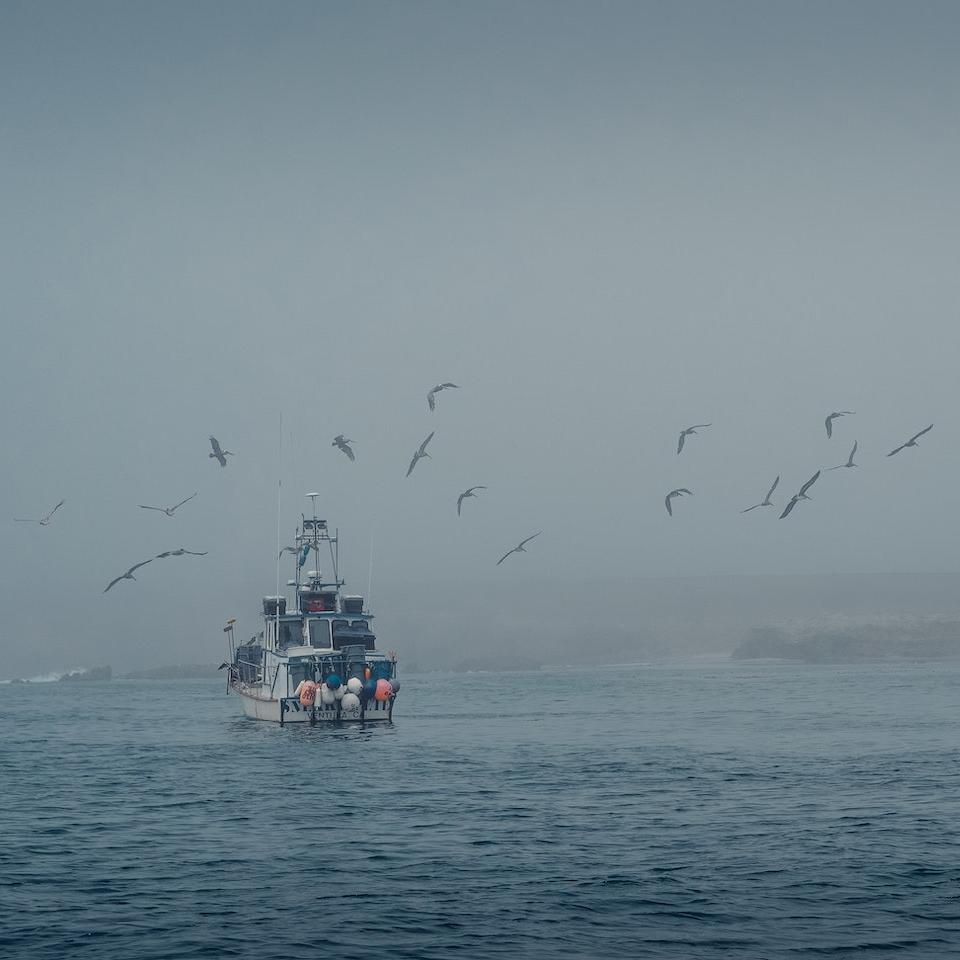
Reducing the environmental impact of commercial fishing
A tool developed by researchers at Bangor University is being used to assess and minimise the ecological impact of bottom fishing methods, such as dredging and trawling.
Mobile bottom fishing, such as trawling and dredging, provides 35% of global catches and is worth over £27 billion to the world’s economy. However, because it involves dragging weighted nets across the sea floor, it can cause serious ecological damage.
The Marine Stewardship Council (MSC) is an independent, non-profit organisation that sets international standards for sustainable fishing. Its standards are widely recognised by consumers but they have come under intense scrutiny from the UK parliament and environmental organisations such as Greenpeace, who believe that bottom fishing is destructive and cannot be considered sustainable.
The MSC commissioned Bangor University to develop a tool for use by fishery bodies worldwide to assess the environmental impacts of bottom fishing.
Assessing the environmental impact
The research team worked with a global network of experts, including academics, governmental research institutes and the UN Food and Agriculture Organization. Their research showed that habitats with more long-lived organisms are more likely to be damaged by bottom fishing.
The assessment tool the team developed estimates the impact of bottom fishing and helps fishery managers, policymakers and conservationists decide what measures are needed to meet sustainability targets. The tool can be used globally, regionally and in areas that have little data on how much fishing takes place there, the different seabed habitats and variety of sea life.
Ultimately, the tool gives organisations the information they need to decide where to allow bottom fishing and to minimise the environmental harm it can cause.
Improving sustainability
The team’s research is helping the global bottom fishing industry to be more sustainable.
The assessment tool has been:
- recommended by the MSC to ensure biodiverse and resilient seabeds for its certified fisheries
- endorsed by the International Council for the Exploration of Seas for use in the European Union’s Marine Strategy Framework Directive to help achieve key policy aims
- used by Welsh Government to support a consultation and decision on whether to allow scallop dredging in a marine protected area.
The team’s research has strengthened the credibility of the MSC’s standards and helped consumers make informed choices that benefit the environment and the fishing industry.
"The impact of Bangor’s research translating into this tool is significant … to ensure a highly evidence-based and credible tool for labelling in relation to certifying sustainable fisheries and permitting the consumer to make sustainable choices.” Senior Fisheries Standards Manager, MSC
Research team
Professor Jan Geert Hiddink, Professor Michel J Kaiser, Dr Marija Sciberras, Dr Gwladys Lambert, Kathryn Hughes and Dr Claire Szostek – Bangor University
Read the full REF impact case study
